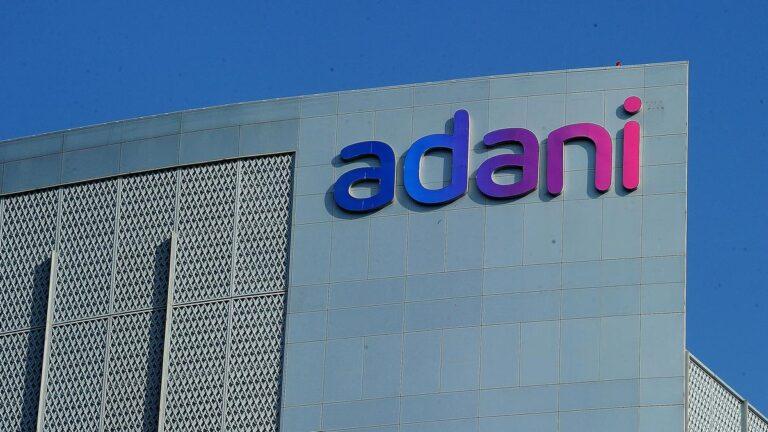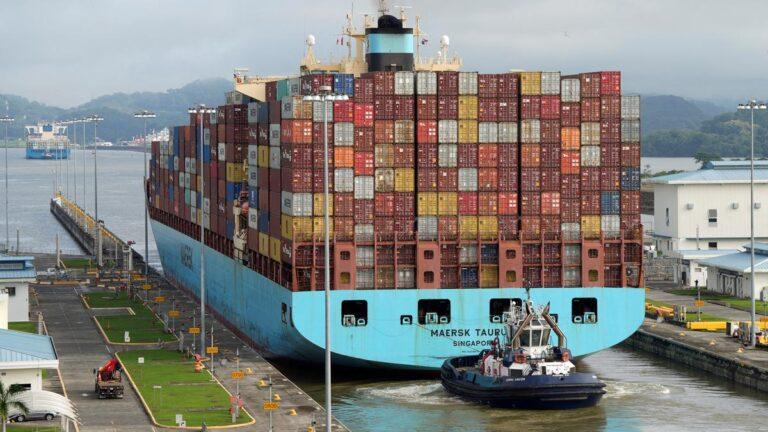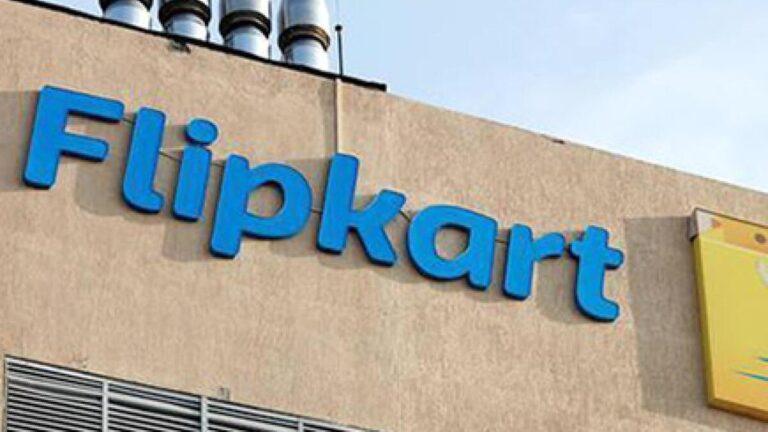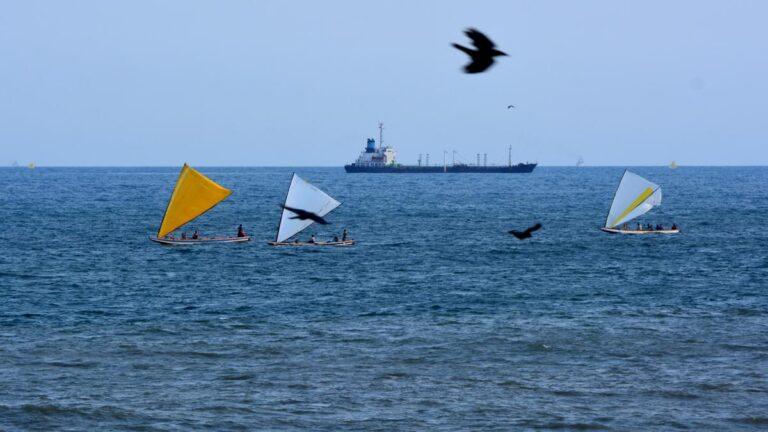The story so far:
The Government is preparing to introduce several significant bills aimed at driving much-needed reforms in the shipping industry. Key among them are the Merchant Shipping Bill, 2024 and the Coastal Shipping Bill, 2024, both of which promise to bring transformative changes to boost the sector.
Why a new bill?
The Merchant Shipping Act, 1958, and the Coasting Vessels Act, 1838, which the new bills aim to repeal, have become outdated and fail to address the contemporary needs of the merchant marine sector. Significant regulatory gaps exist, particularly for vessels operating in the offshore sector which comprise nearly 50% of Indian-flagged vessels. Furthermore, maritime training was liberalised allowing private sector participation, yet there is no legal framework in the existing Act to regulate their activities effectively.
The Merchant Shipping Act, 1958, also restricts seafarers’ welfare provisions to Indian-flagged ships, despite 85% of the 2,80,000 active Indian seafarers working on foreign-flagged vessels. Additionally, the Act lacks enabling provisions for implementing certain international conventions that India has signed or plans to ratify. Crucially, the outdated, license-era provisions of the Act have become a roadblock to modernising maritime administration, which needs to transition from being a mere regulator to a regulator-cum-facilitator, thereby promoting the ‘ease of doing business.’
What are the features of the Merchant Shipping Bill?
The Merchant Shipping Bill introduces significant changes to modernise India’s maritime framework, drawing upon the best practices of leading maritime jurisdictions like the U.K., Norway, and Singapore. Some of the key reform measures include:
i) Ease of registration: the existing law restricts vessel registration to entities with 100% Indian ownership. The new Bill proposes significant reforms to attract foreign investment. It also reduces the ownership threshold for Indian citizens/entities from 100% to 51%, enabling more flexibility. It allows Limited Liability Partnerships (LLPs), Non-Resident Indians (NRIs), and Overseas Citizens of India (OCIs) to own and register Indian vessels. This is in line with the law of the U.S. where Green card holders are permitted to own American flagships or Singapore law where permanent residents can own ships of their flags. It also permits foreign entities to hold shares in Indian vessels while ensuring majority ownership remains with Indian entities, NRIs, or OCIs.
Additionally, the Bill allows the registration of vessels chartered by Indian entities under the bareboat charter-cum-demise, enabling entrepreneurs to acquire ownership of vessels at the end of the charter period. This provision, particularly beneficial for capital-deficient entrepreneurs, facilitates entry into the shipping industry without upfront investment.
India is the second largest ship recycling centre after Bangladesh, and the ship recycling industry practises the concept of cash purchase of the vessel before it is brought for demolition. Often it becomes difficult for cash buyers to register the vessels for their final voyage, as they no more remain ‘seaworthy’. To address challenges faced by the ship recycling industry, the Bill introduces provisions for temporary registration of vessels destined for demolition. This measure is expected to bolster activities at India’s ship recycling hubs like Alang.
ii) Enlarging the scope of vessels: the existing Act regulates only mechanised ships (engine-fitted vessels) above a certain size, leaving smaller mechanised vessels and all non-mechanised vessels outside its ambit. This regulatory gap has allowed many vessels to operate without adequate oversight. India’s offshore drilling sector gained prominence in 1974 when Sagar Samrat, a merchant vessel designed for exploratory offshore drilling, drilled the first well in Bombay High. Since then, the offshore sector has employed a diverse range of mechanised and non-mechanised vessels, such as accommodation barges, work barges, submersibles, and drones. However, these vessels remain either unregulated or inadequately regulated under the current framework, exposing the sector to operational and safety risks.
The new Bill seeks to address this issue by expanding the definition of ‘vessels’ to uniformly include a wide range of crafts, including submersibles, semi-submersibles, hydrofoils, non-displacement crafts, amphibious crafts, wing-in-ground crafts, pleasure crafts, barges, lighters, Mobile Offshore Drilling Units (MODUs), and Mobile Offshore Units (MOUs), whether mechanised or not. This definition is expected to enhance transparency and ensure comprehensive regulatory oversight in the offshore sector.
Furthermore, the 26/11 Mumbai attacks, which exploited gaps in maritime security, underscored the urgent need for stricter regulation of all categories of vessels. By empowering authorities to issue instructions to all types of vessels, the new Bill aims to strengthen coastal security, making India’s coastline safer and more secure.
What about marine pollution?
The Government has recently undertaken several initiatives to minimise pollution from shipping activities. Some of the measures include reducing the sulphur content in marine fuel from 3.5% to less than 0.5%, banning the use of single-use plastics on Indian ships, and launching the online portal ‘Swachh Sagar’ to facilitate the proper disposal of ship-generated waste at Indian ports.
The International Maritime Organization (IMO) has adopted several conventions aimed at preventing and combating marine pollution, such as the Civil Liability Convention (CLC), the Convention on Limitation of Liability on Maritime Claims (LLMC), the Bunker Convention, the International Convention for the Prevention of Pollution from Ships (MARPOL), and the Wreck Removal Convention. The existing law, however, has either omitted or partially implemented these conventions. The new Bill fully incorporates these international conventions, aligning India’s maritime regulatory framework with global standards. This comprehensive approach reinforces India’s commitment to combating marine pollution and safeguarding the maritime environment for sustainable shipping practices.
What are provisions for seafarers’?
The remarkable growth in the number of Indian seafarers employed on foreign-flagged ships over the last 7-8 years stands out as one of the biggest success stories in Indian merchant shipping. The workforce has grown from 1,16,000 in 2015-16 to 2,85,000 today, with nearly 85% of these seafarers serving on foreign-flagged vessels.
However, the existing Act lacks provisions for the welfare and safety of this vast workforce working on foreign-flagged vesels. The proposed Bill addresses this gap by extending the scope of welfare measures initiated by the Union government to include Indian seafarers working on foreign-flagged ships as well. Furthermore, it seeks to extend the protections and benefits outlined in the Maritime Labour Convention (MLC) to all Indian seafarers, ensuring better working conditions, safety standards, and support systems for those contributing to the global maritime industry.
What about maritime training?
Under Entry 25 of List 1 (Union List) of the Constitution, the Union Government is responsible for the education and training of the mercantile marine and the regulation of such education and training provided by States and other agencies. In the past, maritime training was primarily conducted by government-run institutions directly under the administrative control of the maritime regulator, the Director General of Shipping. Consequently, there was no need for a specific legal framework to regulate these institutions.
However, following economic liberalisation, maritime training was opened to the private sector. Today, over 160 maritime training institutes operate across the country, yet their activities are governed solely by rules, government orders, and notifications rather than an enabling legal framework. This regulatory gap has allowed unauthorised institutes to operate without obtaining proper approvals, making it challenging for the maritime administration to take action against offenders.
The proposed Bill seeks to address this significant anomaly by introducing clear legal provisions for regulating maritime training in line with the constitutional mandate. This step is expected to eliminate illegal maritime training institutes and associated fraudulent practices, which often exploit unsuspecting rural youth, while ensuring the delivery of high-quality, standardised maritime education nationwide.
Is there a focus on coastal shipping?
The Government has taken a significant step by distinguishing between the technical regulation of ships and the commercial utilisation of Indian coastal waters, removing provisions related to the latter from the Merchant Shipping Act. These aspects, including licensing, permissions for operations along the Indian coast and Exclusive Economic Zone (EEZ), creation of a coastal plan involving the Union and States, and the integration of inland and coastal shipping, have been incorporated into the proposed Coastal Shipping Bill, 2024. This focused approach aims to foster growth and development of the Indian coastal sector.
The move aligns with the Government’s flagship ‘Sagarmala’ program, which emphasises the promotion of coastal shipping through initiatives like dedicated berths for coastal vessels and enhanced hinterland connectivity for coastal cargo movement. Infrastructure development and a robust regulatory framework must progress simultaneously, making the introduction of the Coastal Shipping Bill both timely and essential.
Maritime development, like any developmental initiative, should remain bipartisan and above party politics. By fostering investment, enhancing safety, combating marine pollution, and supporting seafarers’ welfare, the proposed reforms promise to unlock the true potential of India’s maritime sector.
Amitabh Kumar is Former Director General Shipping, Government of India. Views expressed are personal.
Published – December 10, 2024 08:30 am IST














